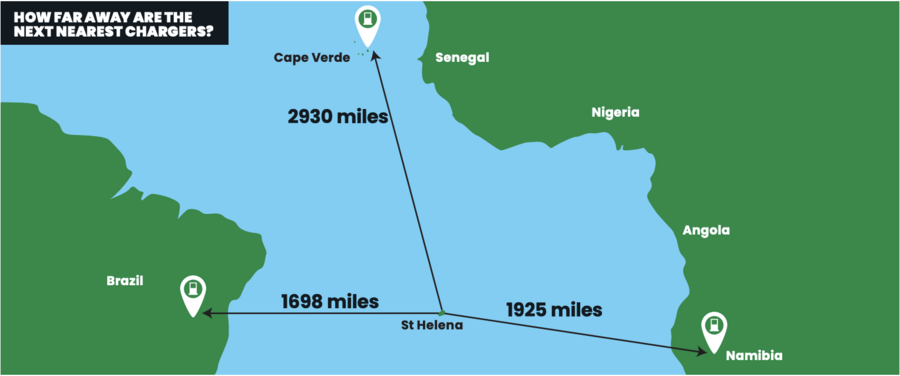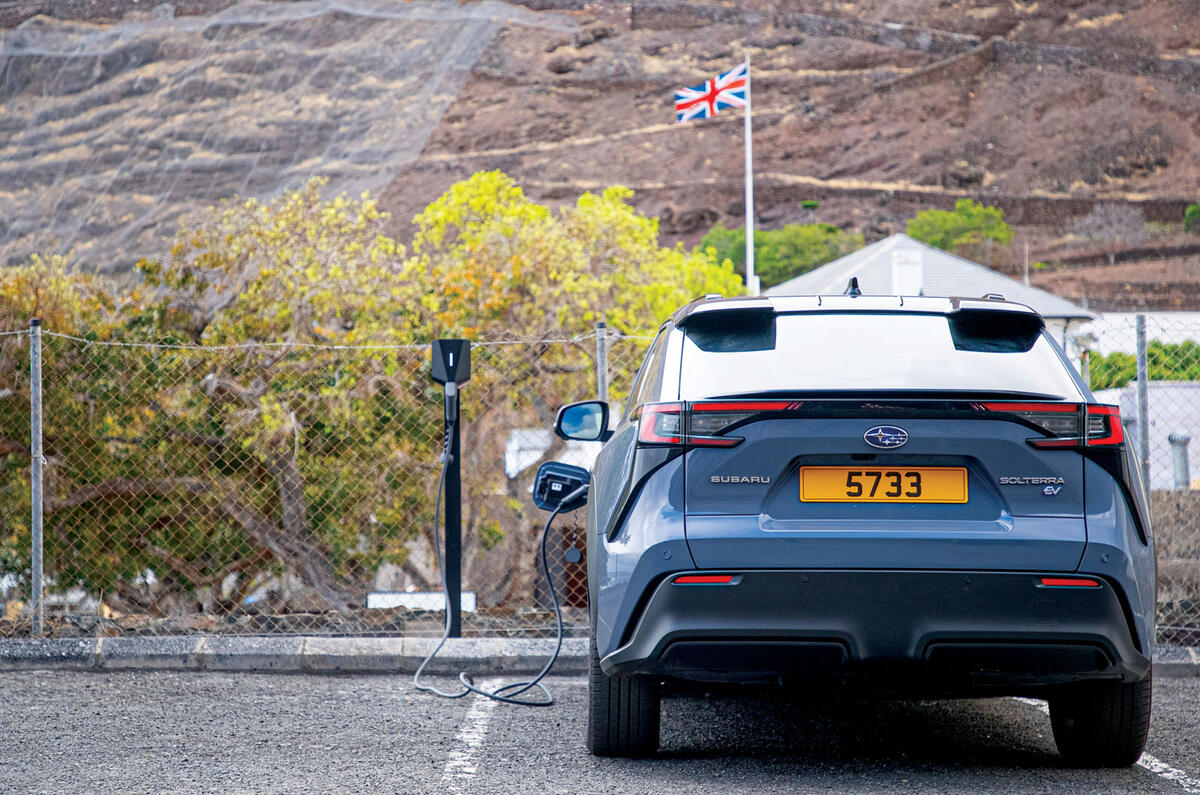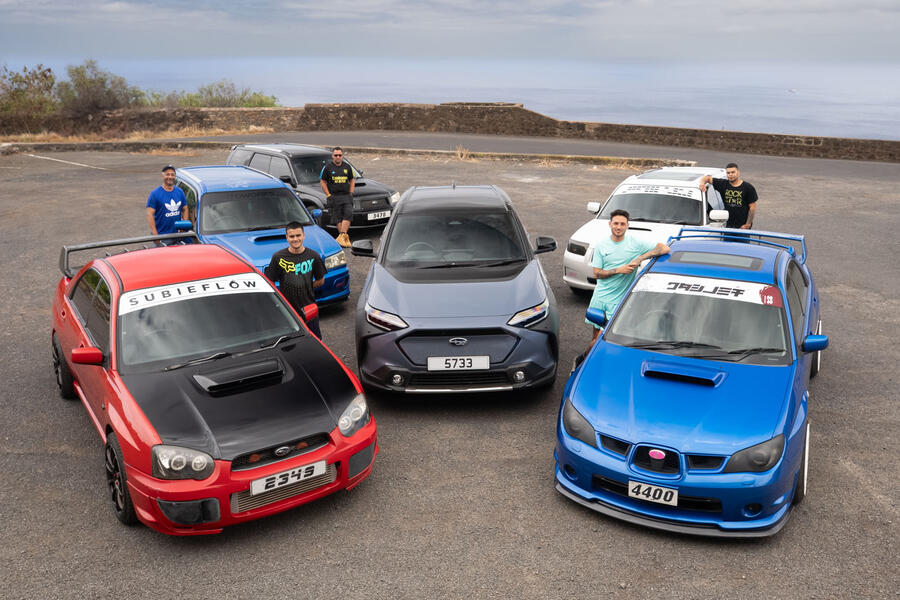A British Overseas Territory is aiming to be the first territory in the world to switch entirely to EVs.
St Helena, an extremely remote volcanic island in the middle of the Atlantic Ocean, is home to just over 5000 people, many of whom run decaying Ford Fiestas, Ford Transits and Land Rover Defenders. But the local government wants to wean itself from these older, more polluting cars in favour of EVs run on green energy.
Supporters of the scheme say St Helena is arguably the perfect place for EVs, as it’s never too hot or too cold to affect batteries and its location means green energy is easy to obtain.
Currently 25% of the island’s energy comes from a single modest wind and solar farm, with the rest generated by a diesel-fuelled power station, fuel for which is imported.
“We spend about £5 million a year bringing diesel in,” said Mark Brooks, minister of the treasury and economic development. “But it’s not just the cost to buy the diesel, it’s also the cost to transport the diesel to the island and then transfer it into our storage. So we’re looking to transition to more renewable energy production. We want to get to 80% from renewable energy by 2028.”
He continued: “It is entirely possible that we can run an entire island from renewable energy. We could only have diesel generation in terms of resilience in case something goes wrong with the renewables.”
To prove that EVs could be used en masse on St Helena, Brooks and his team imported a Subaru Solterra and borrowed a charger from Norwegian company Easee to be installed in the island’s capital, Jamestown. This is currently the remotest public charger in the world.

The impact of the trial was immediate: three islanders offered to buy the Solterra and the charger will stay on the island and is set to be one of a network of chargers used for a new fleet of EVs coming to St Helena in 2025.
The ball is now in the court of the local government.
British businessman Derek Pedley, who is one of five people to already be running an EV on the island, told Autocar that the powertrain’s simplicity will lead to hundreds of EVs being imported within the next five years.
His confidence has led him to begin importing a small fleet of electric Minis. He will also drape them with the St Helena flag.
“The experience that. I have had running an electric car on the island has been nothing but positive. It’s been very reliable,” said Pedley. “Repairs have been basically [only related to the] brakes and tyres, which are standard on any vehicle. I think the transition is about to begin.”







Join the debate
Add your comment
Still...there isn't a single country in the world which runs on 'renewables' (for which, read 'unreliables'). And it's going to be that way for a long, long time, no matter what the BBC tells you.
Norway is 99% renewable, do you think they should scrape it all and go 100% coal. Your point is what exactly.
There are eight countries in the world that use 100% renewable energy and four more that are above 99%. Others will follow.